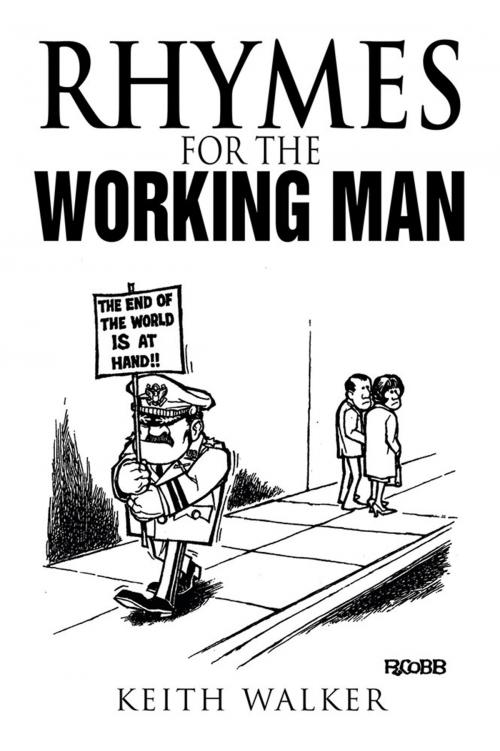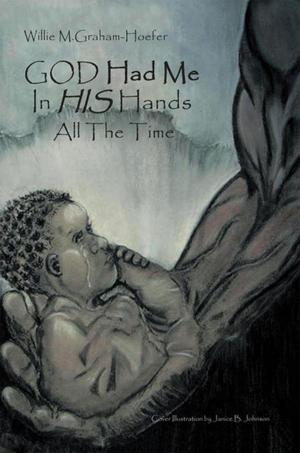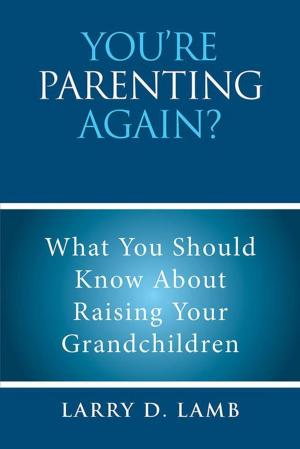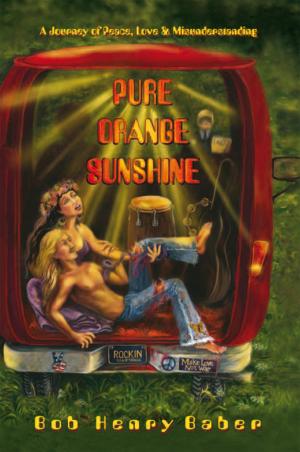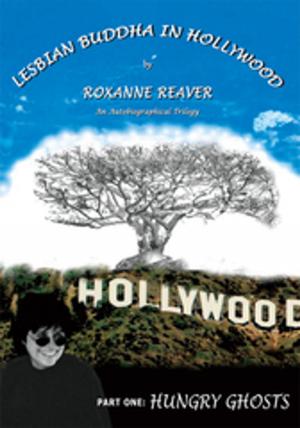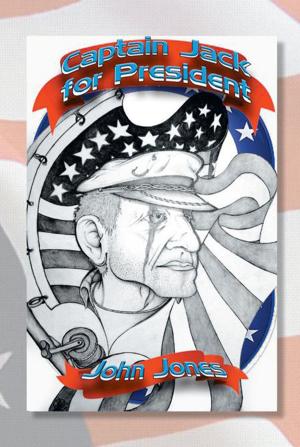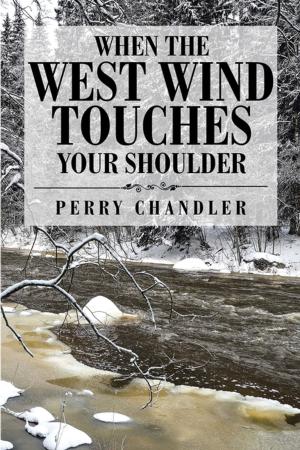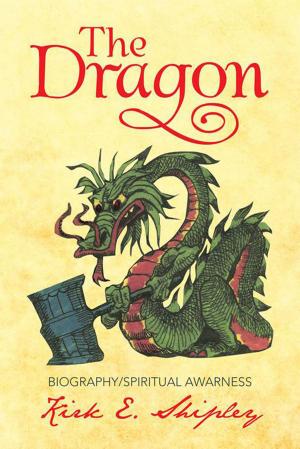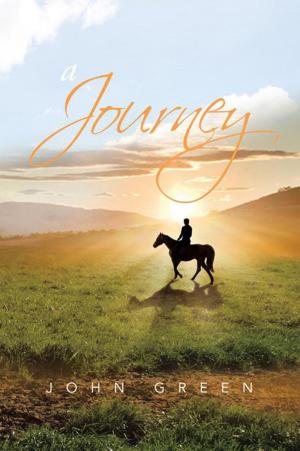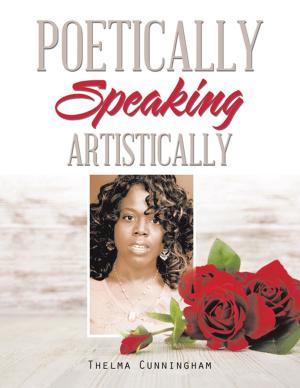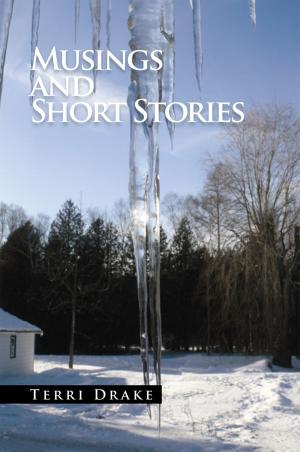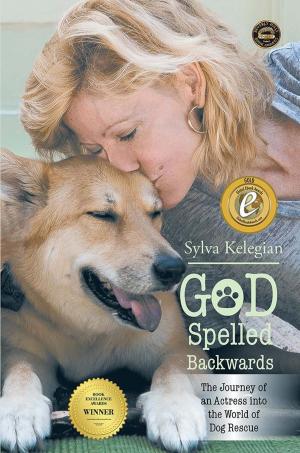| Author: | Keith Walker | ISBN: | 9781479750948 |
| Publisher: | Xlibris US | Publication: | December 19, 2012 |
| Imprint: | Xlibris US | Language: | English |
| Author: | Keith Walker |
| ISBN: | 9781479750948 |
| Publisher: | Xlibris US |
| Publication: | December 19, 2012 |
| Imprint: | Xlibris US |
| Language: | English |
The ballads and poems in this anthology were written by soldiers, miners, loggers, a Supreme Court Judge, song writers and even a few poets. Some of the language is pretty rough, but many of the men that wrote them or composed them were pretty rough themselves. In many books about ballads, the authors are listed as unknown or anonymous, but with the help of the internet, the Library of Congress, and several other anthologies I found a few of the Unknowns. Several qualities seem to give a ballad legs to remain popular over the centuries. It has to relate to current human events, such as war, unrequited love or sudden death. It also can be humorous, such as The four nights drunk, as any hung over man and pissed off wife can attest to. Songs and poems about animal behavior will always be popular because pups will always piddle and Persian kittens will always screw. The story poems of Robert Service and Banjo Patterson, have fascinated generations by their vivid imagery and the power of the English language. Some of these ballads are very old. The Cockroach song, La Cucaracha, predates Cortez and was sung by the Spaniards in the wars against the Moors. Other ballads were modified from the original, such as My Darling Clementine. Even the great balladeer, Woody Guthrie borrowed his song, Union Maid, from Thurland Chattaways song Redwing. And Patrick Gilmores Johnnie Comes Marching Home, was taken from an Irish Anti-war ballad, Johnnie I Hardly Knew Ye. The type of music often leads to ballad composition. Dvoraks Humoresque, Sousas Garry Owen and Howes Battle Hymn of the Republic are lilting and easy to sing and memorize. Try to write lyrics to Beethovens Fifth or something out of Wagner. Johnnie Cash recorded dozens of ballads to the same beat.
The ballads and poems in this anthology were written by soldiers, miners, loggers, a Supreme Court Judge, song writers and even a few poets. Some of the language is pretty rough, but many of the men that wrote them or composed them were pretty rough themselves. In many books about ballads, the authors are listed as unknown or anonymous, but with the help of the internet, the Library of Congress, and several other anthologies I found a few of the Unknowns. Several qualities seem to give a ballad legs to remain popular over the centuries. It has to relate to current human events, such as war, unrequited love or sudden death. It also can be humorous, such as The four nights drunk, as any hung over man and pissed off wife can attest to. Songs and poems about animal behavior will always be popular because pups will always piddle and Persian kittens will always screw. The story poems of Robert Service and Banjo Patterson, have fascinated generations by their vivid imagery and the power of the English language. Some of these ballads are very old. The Cockroach song, La Cucaracha, predates Cortez and was sung by the Spaniards in the wars against the Moors. Other ballads were modified from the original, such as My Darling Clementine. Even the great balladeer, Woody Guthrie borrowed his song, Union Maid, from Thurland Chattaways song Redwing. And Patrick Gilmores Johnnie Comes Marching Home, was taken from an Irish Anti-war ballad, Johnnie I Hardly Knew Ye. The type of music often leads to ballad composition. Dvoraks Humoresque, Sousas Garry Owen and Howes Battle Hymn of the Republic are lilting and easy to sing and memorize. Try to write lyrics to Beethovens Fifth or something out of Wagner. Johnnie Cash recorded dozens of ballads to the same beat.
